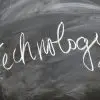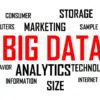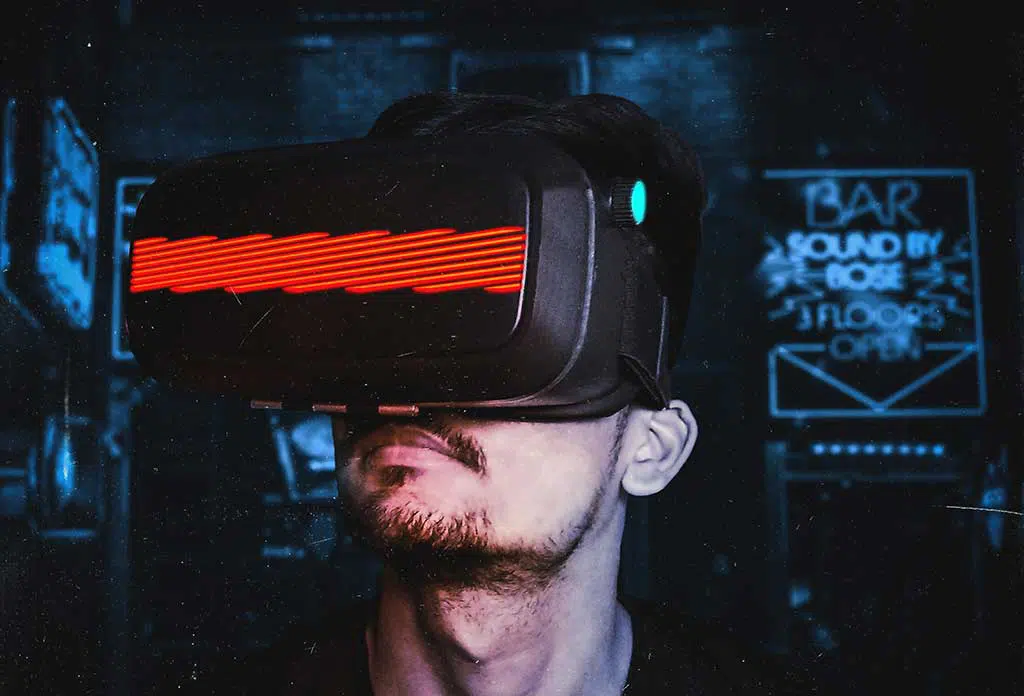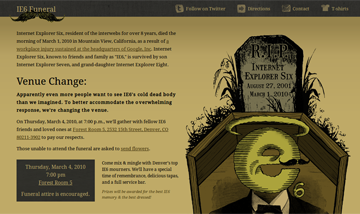When it comes to the momentum of technology across industries, digital marketing should, by nature, be at the forefront of innovation and aesthetics. With new and better user experience (UX) tech coming out all the time, digital marketers need to incorporate strategies that can reach a broader and more tech-savvy audience.
AI, AR and VR, location-based marketing, and so much more signify the future of digital marketing. These are technologies and techniques e-commerce platforms need to understand and utilize going forward. Alongside these, creative and artistic avenues dominate the future of digital marketing techniques. Marketers must prepare to think critically and creatively for continued success.
Here, we’ll cover how businesses can incorporate new digital marketing technologies, as well as the future of artistic platforms in marketing for better user experience.
Digital Marketing Tech and How to Use It
The future is all about the hybridization of humans and computers, but we’re not talking about cyborgs. Artificial intelligence (AI) as well as augmented or virtual reality (AR and VR) are tools that change the human experience and allow consumers and marketers to achieve results never before possible. The future of digital marketing requires the use of these tools alongside location-based marketing strategies to maintain relevance and innovation that keeps customers buying.
Here’s how to integrate this tech into successful marketing strategies.
Artificial Intelligence
Computing technology that enables smart processes that can make decisions much like humans can are already here in a variety of forms. This AI tech is essential in digital marketing from almost every angle.
For example, Barilliance Research found that personalized product recommendations accounted for 31% of eCommerce revenues. Providing these recommendations at scale is something only AI is capable of doing without a massive workforce for your eCommerce site.
Here are some areas of your digital marketing strategy where you should be integrating AI processes:
- Data collection and analysis
- Personalized content
- Product recommendations
- Marketing segmentation
- Chatbots and customer experience tools
These digital marketing tools give you the ability to target your audience by demographics, understand them, and communicate effective messaging through a segmented approach. With AI chatbots assisting on the customer experience side, you can all but guarantee customer success and boost your revenues.
AR and VR
In marketing, it is essential to help your customers visualize themselves using a product. This is where augmented and virtual reality tools are especially powerful. Modern companies are using these devices to give customers exceptional experiences to help sell their products.
Take Merrell’s Trailscape experience as a great example. This VR demonstration gave customers a mind-boggling chance to visualize themselves using Merrell’s new hiking shoe through a VR experience taking them on a dangerous mountain trail. An experience like that is likely not one user will forget anytime soon, lending a positive brand association that builds interest.
This is the kind of modern digital marketing that you need to think about and integrate into your own eCommerce strategies. With so much content and product out there, AR and VR give you tools to help catch attention and build memorable experiences for your customers.
Location-based Marketing
According to Martech, over 80% of marketers say location-based marketing helps boost the effectiveness of an ad campaign. This style of marketing uses GPS data to help target advertising to customers in the area, increasing business for locals, and generating interest.
Utilize location data to help target customers by interest. For example, if you sell ski equipment online, you can target customers near popular skiing locations, maximizing your strategies to where advertising might be most effective.
Digital marketing technologies are transforming business, location-based marketing being one of them. For any marketer, keeping up on these strategies and integrating them into your own campaigns is vital for continued success in the future of digital marketing.
Integrating Creativity and Artistry in Digital Marketing
Aesthetically pleasing visuals are aspects of UX design that are vital to digital marketing. An ugly and complicated website will discourage customer interaction and hurt your sales. As the future of marketing becomes more and more visual and AI in search engines get better at reading and ranking visual content, your approach to design must be quality.
Digital marketers can look to artist websites for inspiration on effective design. Photographers, painters, graphic designers, and other artists have an eye for pleasing and user-friendly layouts that will help build a great site for you. You want to design a website and social media content that follows SEO strategies while highlighting a creative and artistic style, unique to your brand.
Even color can have a huge impact on product success. Reportedly, 85% of customers cite color as a primary reason for buying a product, while 80% say color is essential for brand recognition.
The Future of Digital Marketing
The future of digital marketing is all about new technologies that increase quality and capabilities. A thorough plan to integrate AI, AR, and VR, and location-based marketing will help marketers build effective digital marketing strategies for the future of artistic marketing. Taking inspiration from artists and keeping in mind the power of visuals will help you build an online reputation and awareness of your business or you can also make use of reputation management software.
Digital marketing is changing quickly as new innovations flood the market every day. With these digital marketing techniques or strategies, you can develop marketing techniques that work for the future of the industry.

















